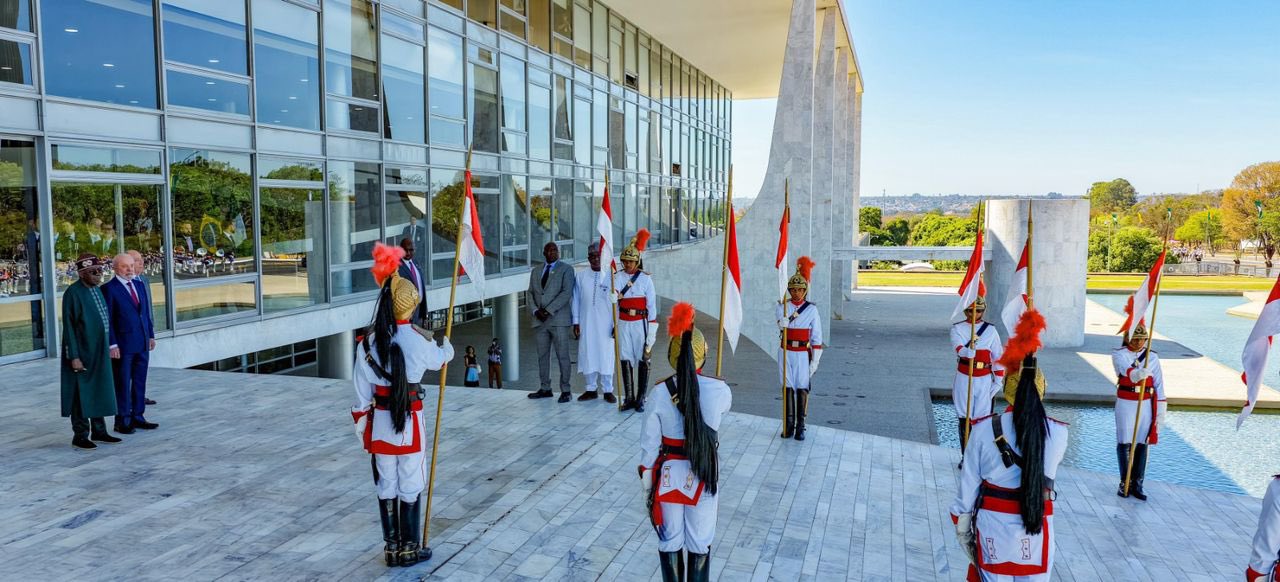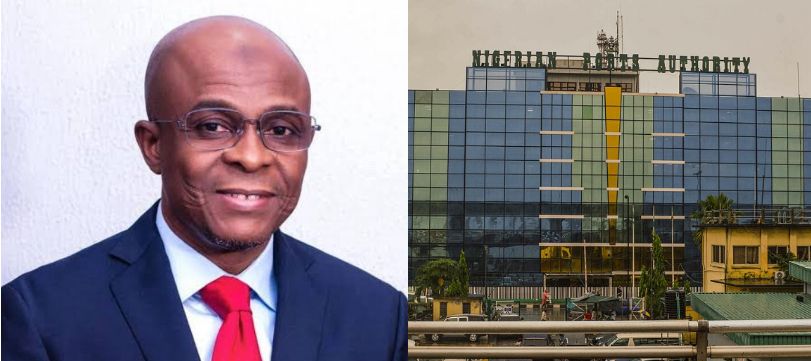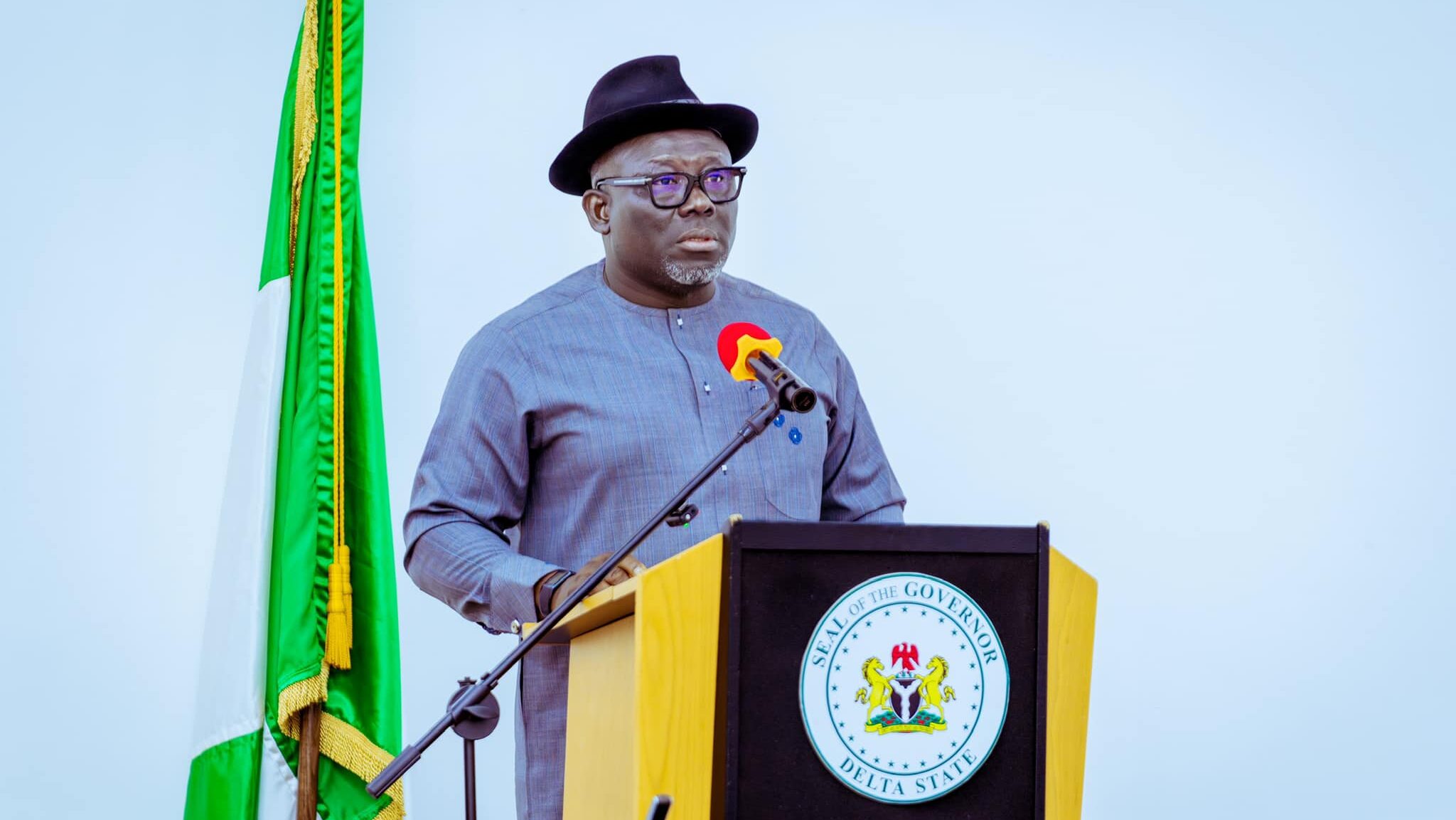Onuminya Innocent in Sokoto
As constitution review discussions in Nigeria are gaining momentum, stakeholders in Sokoto, Kebbi and Zamfara states converged to deliberate on key issues.
At the top of their discussions were state and Local Government creation, Local Government Autonomy, Legislative Autonomy, Education as a Fundamental Human Right, and Recognition of Traditional Institutions.
Stakeholders from Sokoto, Kebbi and Zamfara who presented memorandum before the House of Representatives committee at International Conference Centre, Sokoto said the call for local government autonomy was particularly significant, as it seeks to address the longstanding issue of limited autonomy for local governments in Nigeria.
They explained that currently, local governments derive their powers from the state government, which can limit their ability to operate independently.
They further stated that despite the Supreme Court judgment granting local government autonomy, local governments are still run by the state governments.
Similarly, they noted that the push for legislative autonomy aims to strengthen the independence of state assemblies, allowing them to carry out their legislative duties without undue interference from the executive arm of government.
On education, they said it was also a critical area of focus and advocated for its recognition as a fundamental human right. This would ensure that every Nigerian has access to quality education, regardless of their background or socioeconomic status.
Speaking on the recognition of traditional institutions, the Emir of Gumi in Zamfara State, Justice Lawal Hassan (rtd), who represented all the traditional rulers from the three states, said it was another important aspect of the constitution review discussions.
He said it seeks to acknowledge the role of traditional leaders in promoting cultural heritage and community development.
He wondered why 1999 constitution as amended was silent on the role of traditional rulers in fostering unity.
“Could you imagine if traditional rulers are traveling out of their states they must take permission from the chairman of their local governments,” he lamented.
On electoral reform, they advocated for mandatory electronic transmission of election results to curb electoral fraud and promote credibility.
According to them, electronic transmission of election results would prevent the snatching of ballot boxes by political thugs during elections, thereby ensuring the integrity of the electoral process.
The stakeholders also suggested unbundling the Independent National Electoral Commission (INEC) to enhance efficiency and accountability.
They argued that a restructured INEC would be better equipped to conduct credible elections and address the challenges facing Nigeria’s electoral system.

In another development, Gobir Development Association, made a case for creating Gobir State from the present Sokoto State and also the Zuru Emirate in Kebbi State agitated for the creation of Kainji State.
According to them, creation of the states is long overdue, citing their historical significance and economic viability.
They explained that the state creation would promote economic development, improve governance, and address the unique challenges facing their people.
The deputy governors from the three states who represented their governors aligned with their people on their submission.
Earlier, the chairman and deputy chairman of the committee, Rep Sada Jibia and Rep. Abdussamad Dasuki, assured the people of presenting their memo to the National Assembly.
They affirmed that the National Assembly wanted people’s constitution hence the need to revert to people for their input before amendment.
They urged the people to hold their representatives, both in the states and national, accountable if their wishes were not reflected in the amendment.
The discussions in Sokoto underscored the stakeholders’ commitment to creating a more inclusive and effective governance framework in Nigeria. As the country continues to navigate its democratic journey, the inputs of stakeholders like those in Sokoto will be crucial in shaping the future of Nigeria’s democracy.




